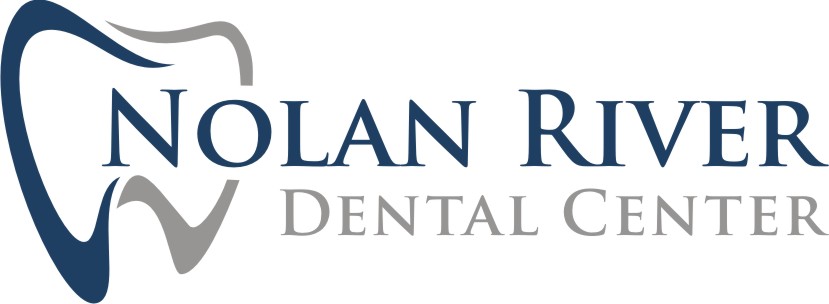It is important to protect your teeth from damage and ensure that there are not any serious oral health concerns that develop as a result of poor oral hygiene. By understanding how to properly protect your teeth and make them stronger, you can ensure you keep a healthy, beautiful smile at all times.
How to protect your teeth
Tooth enamel is the strongest substance in the human body, but the Achilles' heel of tooth enamel is bacteria and acid attacks, which can eat away at the minerals and cause enamel to erode. Subsequently, it is important to properly protect your teeth using these five oral care techniques.
1. Brush several times a day
First and foremost, good oral hygiene starts with brushing several times each day. By brushing, you not only protect your teeth by removing any food particles or other harmful substances that can cause tooth decay, but the teeth are also strengthened by providing them with the mineral support they need.
Be sure to brush the entire mouth, not just the teeth, as bacteria can attack the gums and other supporting tooth structures as well.
2. Floss and use mouthwash
Most people understand that flossing and using mouthwash is important, but very few actually floss and use mouthwash frequently enough.
While it may not be entirely necessary to floss and use mouthwash after every meal, doing so just once a day can significantly help to protect your teeth in the areas that cannot be reached through brushing, such as in between teeth and in the very back of the mouth.
3. Use a fluoride treatment
Fluoride is tooth enamel's best friend as it helps support the minerals found in enamel and fights against bacteria attacking the enamel. The best way to utilize fluoride on a daily basis is to use a fluoride-based toothpaste and mouthwash.
In the event enamel erosion has begun, talk to a dentist about a stronger fluoride treatment in order to protect your teeth in the proper manner.
4. Avoid harmful foods and drinks
Many instances of tooth decay can be largely attributed to a poor diet, which consists of foods high in sugar and other harmful carbohydrates. In order to protect your teeth to the fullest extent, try and avoid too much intake of harmful foods and drinks, such as coffee, sweets and tomato-based products.
For many, giving up coffee or other foods and drinks that may harm enamel is not feasible, in which case, extra dental care can help protect your teeth after consumption.
5. Visit the dentist regularly
Last but certainly not least, it is very important to visit the dentist on a regular basis to properly protect your teeth. While good oral hygiene can significantly reduce the chance of enamel erosion, there is still a chance plaque can build up on the surface of teeth.
By visiting the dentist for a dental cleaning and checkup regularly, you can ensure good oral hygiene and protect your teeth and remove any plaque that has hardened and become too tough to remove through brushing.
Request an appointment here: http://www.nolanriverdentalcenter.com or call Nolan River Dental Center at (817) 517-6453 for an appointment in our Cleburne office.
Check out what others are saying about our dental services on Yelp: Oral Hygiene Basics.
Related Posts
Can General Dentists Perform Oral Surgery?
Understanding the types of dental procedures that a general dentist can perform is a great idea. This lets you know what procedures will require a referral to see another type of dental …
Getting Professional Teeth Whitening After Braces
Interested in professional teeth whitening after braces? Having braces removed can be exciting for patients who are eager to show off their newly-straightened smiles. Most people want to ensure that their smile …
The Benefits of Partnering with a Kids Dentist
Choosing the right kids' dentist is one of the most important decisions you will make for your child's oral and overall health. This dental professional specializes in providing dental care tailored to …
What to Expect at a Professional Dental Cleaning
A professional dental cleaning is non-invasive, and the entire process only takes a short amount of time on each visit. While the process for the visit may vary slightly for each patient, …



